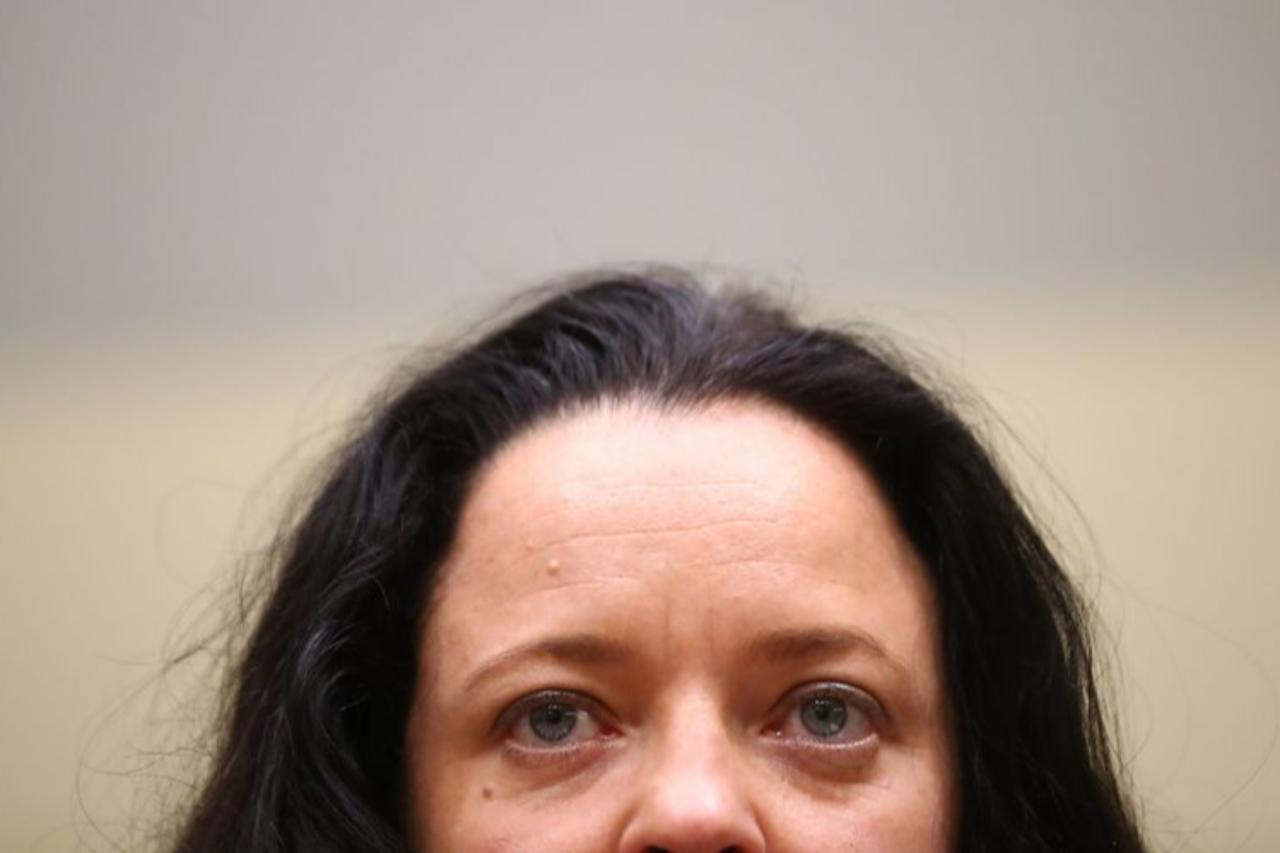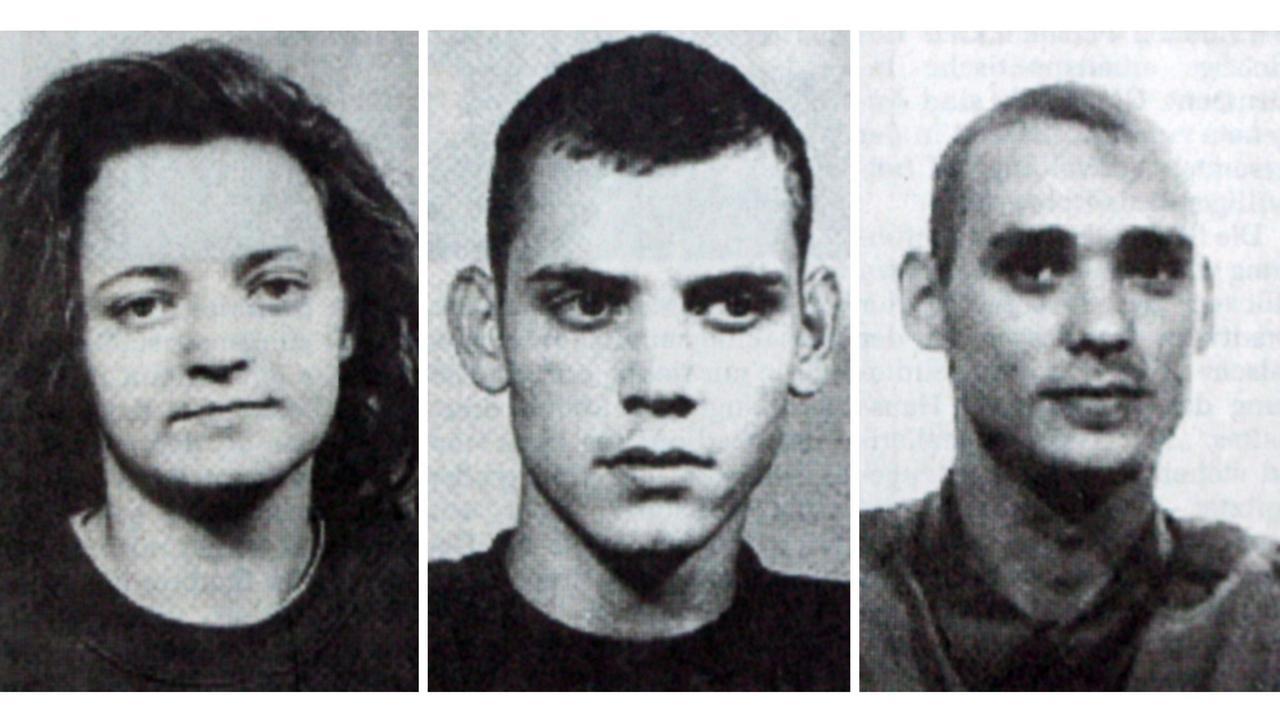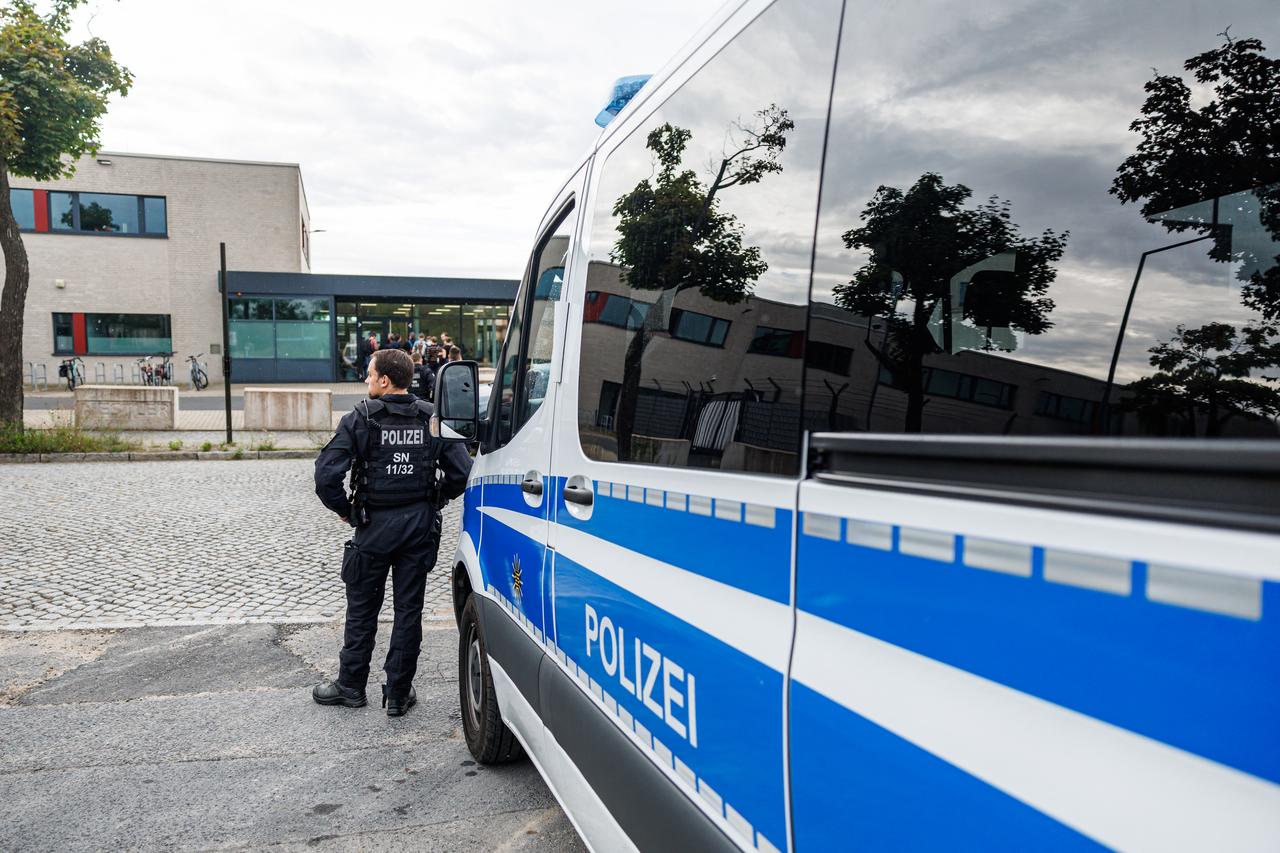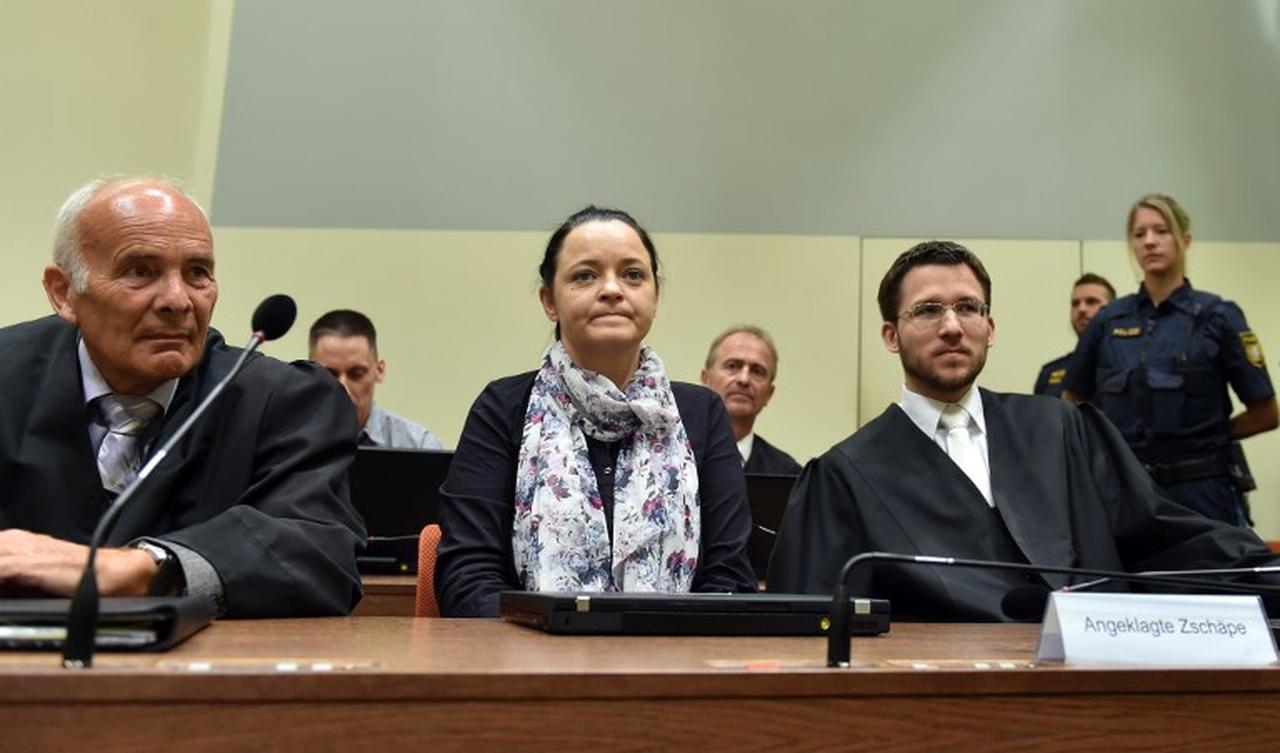
Beate Zschaepe, the sole surviving member of Germany's Nationalist Social Underground (NSU) terrorist group that killed at least 10 people, including eight Turks, between 2000 and 2007, has been accepted into a far-right deradicalization program.
Zschaepe's lawyer, Mathias Grasel, confirmed his client's acceptance into the neo-Nazi exit program but declined to provide details due to confidentiality requirements, German media reported.
The "Exit Program from Far-Right Extremism" was launched in 2001 by German states and the Federal Office for the Protection of the Constitution, Germany's domestic intelligence agency, to help far-right extremists leave their environment or ideology.

German media reports suggest Zschaepe's participation is a tactical move to influence her upcoming court application in November 2026, when she completes her mandatory 15-year detention period.
Under German criminal law, prisoners sentenced to aggravated life imprisonment can apply for conditional release after serving 15 years. However, Zschaepe's initial application may be rejected due to the severity of her aggravated life sentence.
Lawyer Grasel indicated that acceptance into the far-right exit program could positively influence the court's decision regarding his client.

Seda Basay Yildiz, the lawyer representing the family of NSU victim Enver Simsek, described Zschaepe's enrollment as entirely tactical.
"Zschaepe has been in contact with right-wing circles while in prison," Yildiz said, emphasizing that Zschaepe showed no signs of remorse during the five-year trial process.
"Why would she be different now?" she said.
Barbara John, appointed by the German government as ombudsman to support NSU victims' families and other affected parties, criticized the early release process.
"Beate Zschaepe is preparing for early release from prison by enrolling in an exit program. The decision for early release from prison should take into account not only the perpetrator's but also the victim's perspective," John said.
John noted that NSU terror attack victims currently have no right to voice their concerns about Zschaepe's potential early release, warning that if this situation continues, "there will be greater humiliation for terror survivors and those who lost loved ones."
She called on the government to hear victims before any decision and allow them to express their views about the pain and health, social, and financial consequences they suffered as a result of the crimes.

The NSU's existence and role in the murders was discovered by chance on November 4, 2011. Between 2000 and 2007, the organization killed 10 people (eight Turks), conducted two bombing attacks, and carried out 15 bank robberies.
NSU members Uwe Boehnhardt and Uwe Mundlos were found dead in a caravan after a bank robbery on November 4, 2011, with authorities claiming they committed suicide. Zschaepe surrendered to police after setting fire to the NSU's last safe house.
The NSU trial began in 2013 at Munich Higher Regional Court, with the verdict announced on July 11, 2018.
The court sentenced lead defendant Zschaepe to life imprisonment and convicted accomplices: Ralf Wohlleben received 10 years, Andre Emminger 2.5 years, Holger G. three years, and Carsten S. three years under juvenile law.
The trial, one of Germany's most comprehensive cases, involved 14 lawyers defending five defendants and 60 lawyers representing 93 victims. The proceedings included 438 hearings, with testimony from 765 witnesses and 56 experts.
Zschaepe has been held at Chemnitz Prison since 2019. If her initial parole application is rejected, she can submit similar applications every two years under German law.
The deradicalization program aims to help individuals wanting to leave far-right extremist or anti-democratic circles reintegrate into democratic society through targeted interventions.